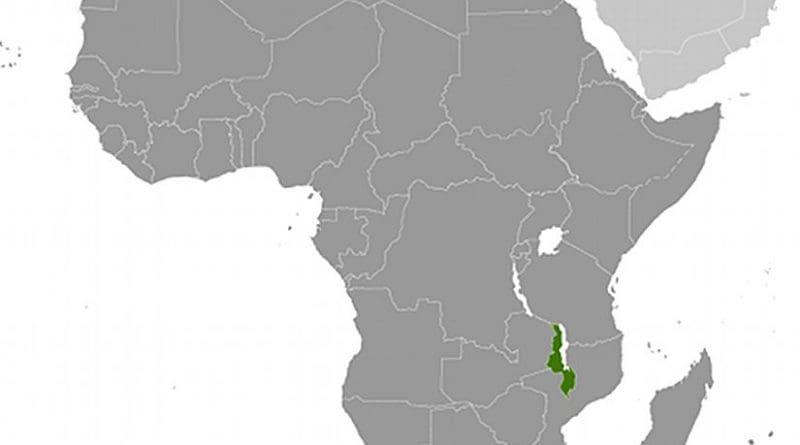Project Cuts Diarrhoeal Disease Infections By 30% In Malawi
A drop of 30% in diarrhoeal disease infections has been achieved in communities in Malawi though a health project by researchers from the University of Strathclyde.
The disease control and prevention project has involved improved access to, and quality of, health facilities, supply of clean drinking water to households and the construction of latrines.
The project, the Scotland Chikwawa Health Initiative, has provided life-saving support to 110,000 people in 150 communities in the Chikwawa District of Malawi since it was established in 2006.
It has now been listed among the top 20 research projects with impact on international development which were submitted to the 2014 Research Excellence Framework, the comprehensive rating of UK universities’ research. The list was compiled by UKCDS, an umbrella group comprising UK government departments and research funding bodies involved in international development.
Dr Tracy Morse, a Research Fellow in Strathclyde’s Department of Civil & Environmental Engineering and Project manager of the Initiative, said, “We are delighted to have received this recognition from UKCDS. Over the past nine years, our collaborative project with the University of Malawi and the Malawian Ministry of Health has worked with communities and health workers to improve the lives of thousands of children and their families in our target areas.
“However, diarrhoeal disease is still rife. It is preventable and treatable, yet it remains the second largest cause of death in young children – this is unacceptable in the 21st century.”
According to Morse, “We remain firmly focused on the support and promotion of preventive health care at community level in Malawi to reduce the number of children who develop these diseases. It is imperative that we provide the means for stopping diarrhoeal diseases developing in the first place. The impact our work has had so far is only the start.”
The researchers identified assessed various routes of diarrhoea transmission and found that, despite 84% of homes indicating they routinely washed their hands, 75% of people tested had traces of diarrhoea-causing bacteria on their hands, while more than three quarters of household drinking water was contaminated with disease-causing bacteria within storage containers.
The project works with public bodies in Malawi, including the Ministry of Health, Chikwawa District Health Office and the University of Malawi, to implement preventative measures, initially in four targeted communities. These included support for the construction of latrines, enhanced accessibility to, and quality of, health facilities, and clean drinking water supply for households.
The project built and upgraded wells, treated 8.7 million litres of water and trained and equipped new health staff. Its recommendations also served as the basis for Malawi’s draft national diarrhoeal disease control policy and informed its National Health Research Agenda.
The Scotland Chikwawa Health Initiative has been supported by funding from the UK Department for International Development, the Scottish Government and the Wellcome Trust. It forms part of the Malawi Millennium Project, which aims to support the nation people of Malawi train their teachers, scientists, health professionals and engineers of the future.
The project is geared towards the fulfilment of the United Nations’ Sustainable Development Goals. The 17 goals, announced by the UN in 2015, build on its previous Millennium Development Goals, established in 2000, and include: good health and wellbeing; quality education; clean water and sanitation, and affordable and clean energy.

